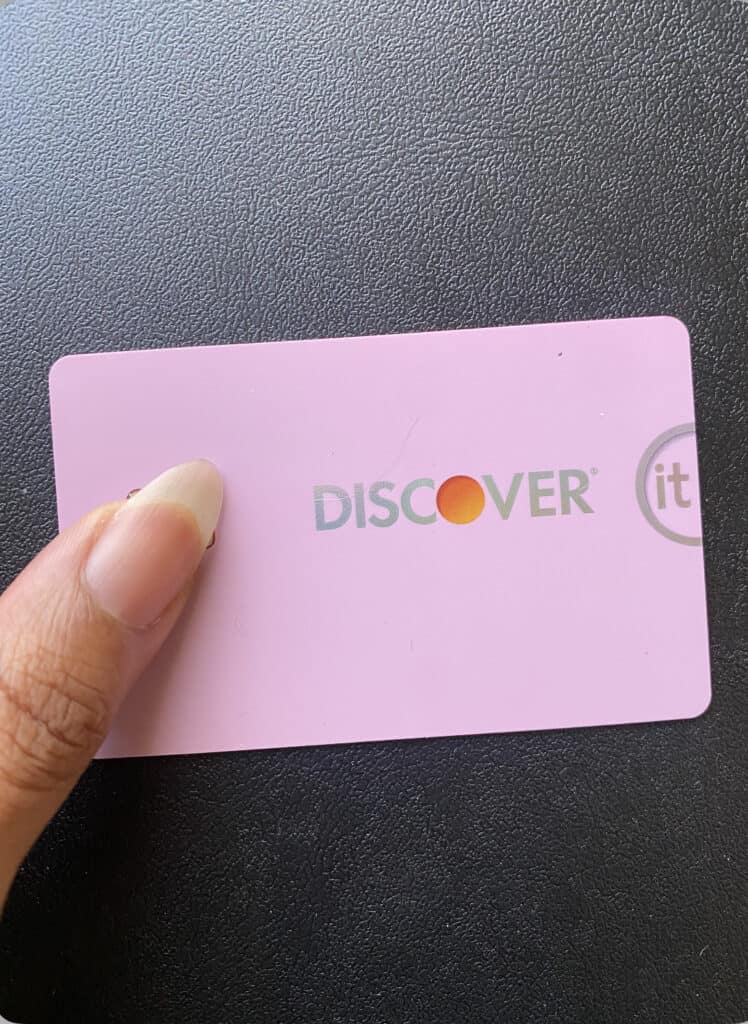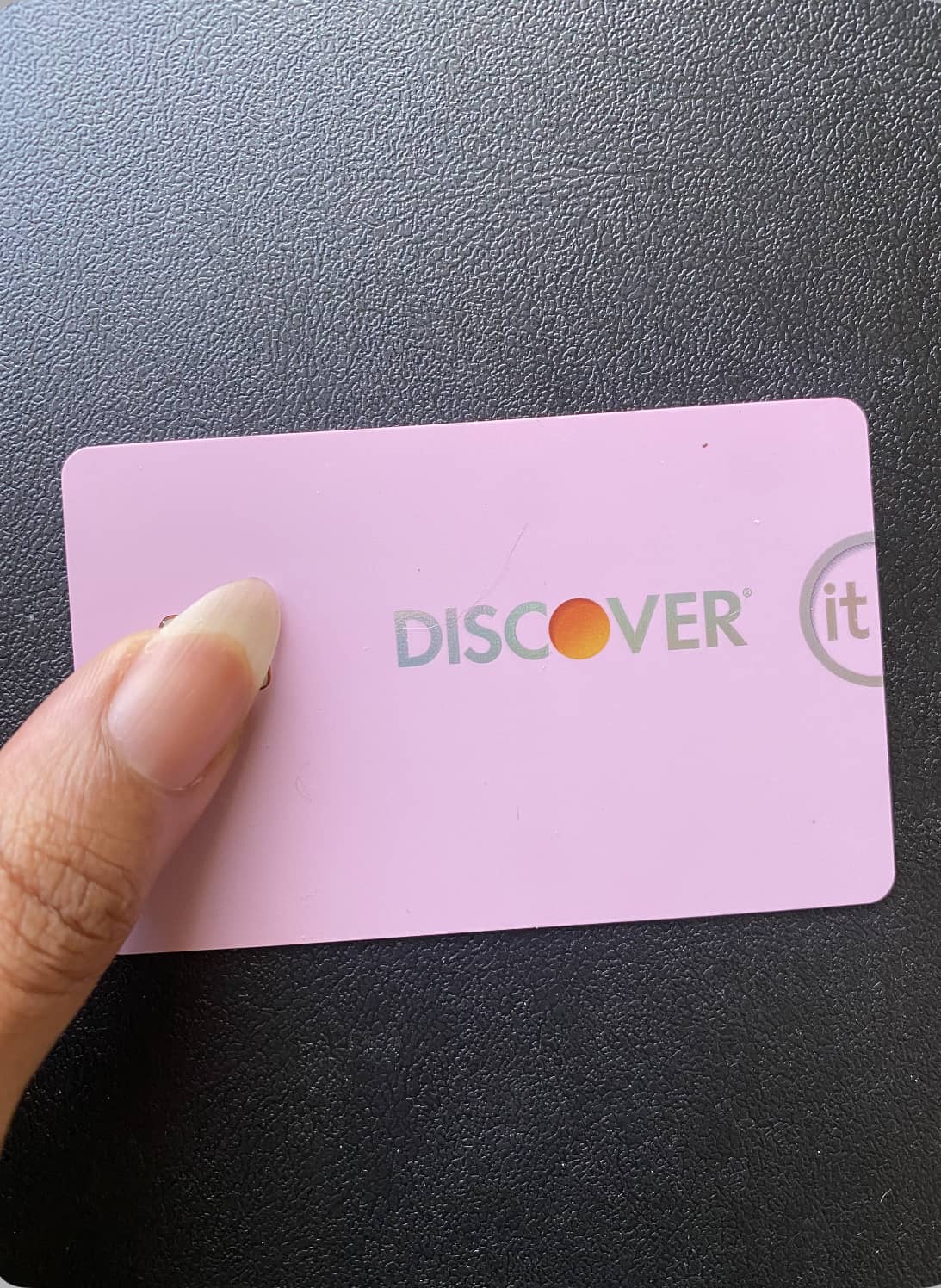
Dear 30 and Under, I have usually heard the term “deadbeat” as a negative one. However, today, I am encouraging you to become a credit card deadbeat.
Not Sure If It Is Worth It To Become A Credit Card Deadbeat?
Let’s Start By Looking at Three Reasons To Use a Credit Card
First, using a credit card is very convenient.
No need to carry around cash. If you lose cash, it’s just gone. You don’t have to worry about having enough cash when you run into a desire, or even worse, a need to pay for something.
Even more importantly, if you lose your credit card, you call your credit card company and report it immediately. Then, not only will they send you a replacement card, they will shut down the lost card, and not hold you responsible for any fraudulent charges. So, no lost money.
Second, using a credit card can help you build your credit history and credit score.
Even if you don’t feel that you need a credit card for lots of daily purchases, building your credit score can help you in ways that you may not have thought.
For instance, having a high credit score can be a requirement to rent some apartments.
Another reason to pursue a high credit score is that some employers will check credit ratings prior to making job offers.
You say that you are not planning to rent, you are self-employed, and your next move is to buy a house and then move out of your parent’s house?
Well, in fact, you need a credit history in order to get a mortgage. Having a good credit rating is needed to be able to get a mortgage. Furthermore, even if you have a credit rating that is just good enough to get a mortgage, it is likely that you can get a lower interest rate mortgage if you improve your credit score enough.
So, you see, having a higher credit score can help you get some things that you may want (either now or in the future). But, it’s hard to build and improve a credit score without a credit card. Just make sure that you use your credit card correctly.
A third reason to have a credit card is that you can get rewards for using your credit card.
There are a wide variety of rewards that are offered by credit cards.
Some examples of the categories of rewards that are available, depending on the cards you have, include: hotels, airline tickets, priority boarding, car rentals, dining, cashback on groceries, cash back on gas, complimentary memberships and subscriptions, extended warranties, and purchase protection.
I like getting cash back on things in my everyday use, like groceries and fuel for my car. That’s because I know that I will automatically purchase those items, and I don’t have to spend a lot of effort remembering which card to use when.
Back when I traveled by plane a lot, I leaned into using my air miles credit card.
I mostly used my air miles to upgrade from economy seating on my flights. (Business class or even first class, anyone?!) I could have paid for entire tickets with my frequent flier points. But, by using the points to merely upgrade, I was able to stretch my points much longer, while simultaneously earning more air miles.
When I stopped flying as often, I started using the air mile points to order from the air miles catalog. In fact, I got the Apple Macbook Pro, (on which I am typing this), for “free” using my air miles. Sweet!
However, currently, my very favorite reward is cash back on my overall spending. Cash back is especially useful in this time of inflation.
In Order To Be A Credit Card Deadbeat, You Must Know The Basics of…
How Credit Cards Work
When you use a credit card, you are borrowing money from the card issuer that holds your credit card. You then have to pay that money back at the end of the month.
The card issuers give you the option to pay that money back over time, with interest. However, using that option is not the best way to use a credit card.
The average credit card charges about 20% in interest. Think about that. If you keep a balance on your card, over a year you will pay an extra twenty percent. Twenty percent of $100 is $20. So, that is an additional $20 for the $100 purchase. Do you really want to pay $120 for something that only costs $100? How about $2400 for something that is supposed to cost only $2000?
In addition to the interest that you pay on your balance, other money that you can end up owing include: annual fees, late fees, balance transfer fees, and foreign transaction fees.
There are even various fees that the merchants and businesses that you use must pay to the credit cards for being able to accept the credit cards. I am sure that the merchants roll the fees into the price of your purchases and pass those fees on to customers. Ouch!
I don’t like paying out money without getting value for those payments. So, I particularly don’t like paying interest or late fees, and neither should you.
Instead, I urge you to join me and become a…
Credit Card Deadbeat
What is a credit card deadbeat? “Credit card deadbeat” is the slang name that credit card issuers give to people who pay on time, and pay off their entire credit card bills each month. This annoys the credit card companies who would otherwise be able to make a lot more money off of you using the card.
If you pay on time, you will not pay any late fees.
If you pay your bill in full, you will not pay any interest.
So, being a credit card deadbeat sounds like a win-win for me!
Key Takeaways:
- Having and using a credit card can be useful.
- Having a credit card can help you build a credit history.
- Proper use of a credit card can help you build a high credit score.
- Credit scores are often checked by landlords, employers, insurance providers, and mortgage companies, in order to get an idea of your trustworthiness and reliability.
- If you pay your credit card bills on time, you will not pay any late fees.
- If you pay your credit card in full, you will not pay any interest.
- It’s best to be a credit card deadbeat, who pays your credit card bill on time and in full each month.
Here’s hoping that you are or soon will become a credit card deadbeat!
Hugs,
Rich Mom
Would you like to read more about credit and credit score?
Check out:
What’s the Difference Between Credit Cards and Debit Cards?
What Are The Benefits of a Good Credit Score?
Here are some posts on other popular topics:
Becoming a Millionaire By Starting in My 20s
Who is Rich Mom?
If you stumbled upon this post and you are wondering who Rich Mom is, check out my “About Rich Mom” page.
Also, please note: I am not an investment advisor. Always do your own due diligence and research before investing. Check with your own investment advisor.
Also, remember that past performance is not a guarantee of future performance.
The information shared here is not intended as financial advice, just entertainment and entertainment.

